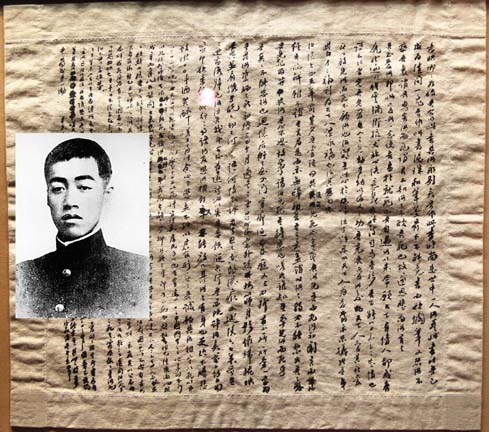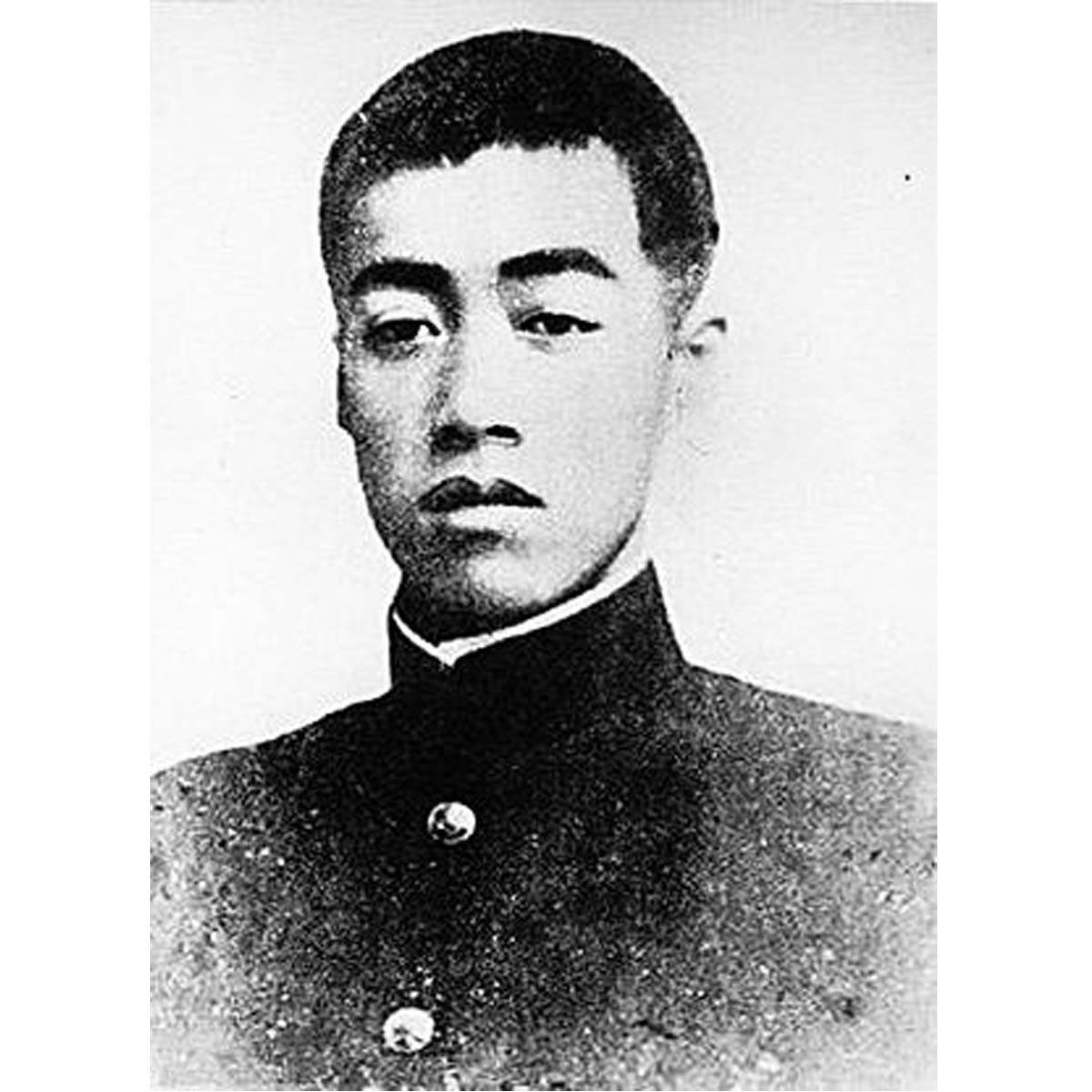
First published in Tulay Fortnightly, Chinese-Filipino Digest
September 20-October 3, 2016 | vol. 29, No. 8 issue
On April 24, 1911, Lin Jue Min (林覺民), then 24, a native of Fujian and schooled also in Japan, wrote his father and his wife a farewell letter (與妻訣別書) before joining the Guangzhou (Canton) uprising against the Manchu regime.
Part of the letter to his seven-month pregnant wife was hurriedly written on a white handkerchief.
It reads:
My dear wife, it is because I love you too much that I am willing to boldly give up my life. Ever since I met you, I always wish that all lovers in China would eventually become a family. But everywhere around us is the stinking smell of blood, the streets are full of wolves and dogs. In this sort of society, how many families can claim true happiness? Ancients say, respect our elders as well as the elders of others, care for our youngsters as well as the youngsters of others. With my full love to you in my heart, I want to help people of the world to love their loved ones, that is why I dare to die ahead of you, to set you aside. I hope you can understand my feelings, while feeling sad and crying for me, think also of the people of China. You should be happy to sacrifice yours and my happiness for the eternal happiness of the people of China.
Three days later, the uprising erupted. Lin led the attack on the governor’s office of Guangdong and Guanxi. While retreating, they encountered enemy forces. Lin was captured after a life-and-death fight.
During the trial, the perfectly composed Lin discussed the world situation, propagated the rationale of the revolution, and urged Manchu government officials to abandon evil and do good, abolish tyranny and establish a republic. Days after, he faced execution bravely.
Lin Jue Min was one of the famous 72 martyrs of Huang Hua Gang (黃花崗七十二烈士) in Guangzhou. A monument was built in their memory.
Lin’s touching and beautiful letter to his wife would become his legacy and made him more famous than his fellow martyrs. In moving language, it shows Lin resolving the dilemma arising from his two deep loves—for his country and for his wife.
The legendary letter would later be considered a masterpiece in Chinese literature. In fact, it is taught in our Chinese high school textbook, and we were required to memorize it.
(Image from 林覺民 – 廣州近代史博物館, Public Domain, https://commons.wikimedia.org/w/index.php?curid=21559152)





